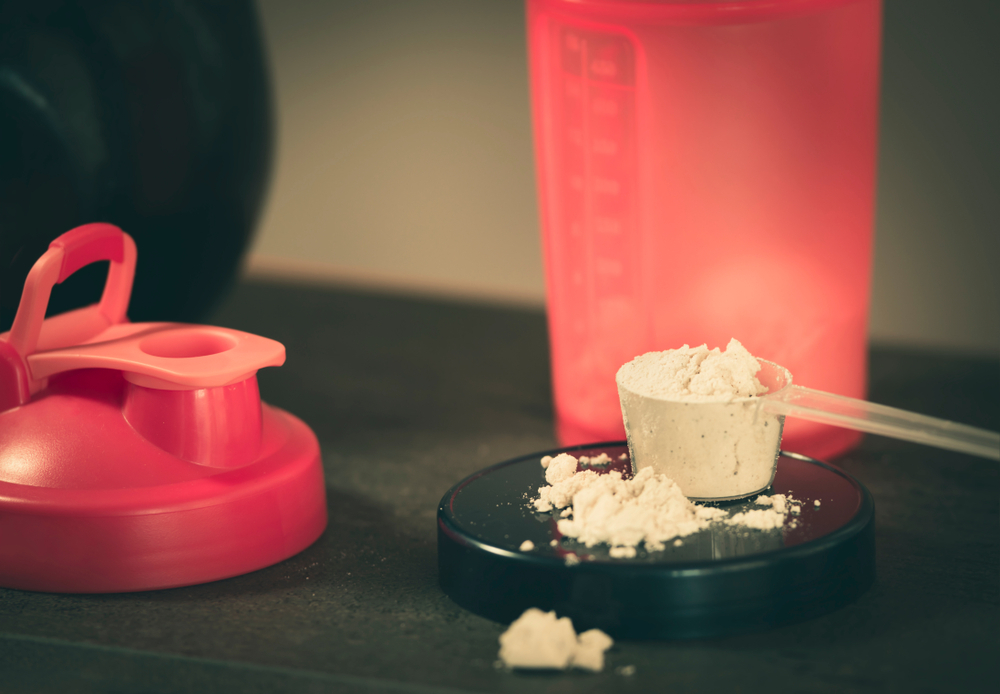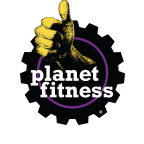Protein Supplement Benefits: Do I Need a Protein Supplement?

by Cheryl S. Grant
Protein is an essential part of any diet! And luckily for us, it isn't hard to come by. You can find it in eggs, fish, nuts, dairy products, and protein bars and shakes, among other sources. While there are many protein supplement benefits, many people wonder whether they actually need a protein supplement. The answer is that it depends — everyone is different, and everyone's needs will vary. Your physician or a dietician can help you determine whether or not you should take a protein supplement, but in the meantime, it's good to know the basics.
What Is Protein?
Along with fat and carbohydrates, protein is a macronutrient, meaning it is required in relatively large amounts in our diets. "Protein is made up of hundreds or thousands of smaller units, called amino acids, which are linked to one another in long chains," explains the U.S. Food and Drug Administration. There are two types of amino acids: essential and nonessential. Essential amino acids must be found in food, while nonessential amino acids can be made by the body.
Why Do We Need Protein?
Our bodies use protein to build and repair tissues, make enzymes, and regulate hormones. It's a vital nutrient involved in many crucial bodily functions, and it forms the foundation for our bones, muscles, cartilage, skin, and blood. Protein can also help the body recover from exercise and injuries!
How Much Protein Do We Need?
While everyone's protein needs are a little different, the recommended daily allowance is a minimum of 0.8 grams per kilogram of your body weight. Of course, your age, weight, height, and activity level can also factor into this. The USDA has an online calculator that can help you figure out the range of protein you should aim for!
Do I Need a Protein Supplement?
Protein can be a part of your diet in many ways! You'll find it in red meat, poultry, seafood, beans, lentils, eggs, dairy, nuts, and seeds. Consuming a healthy, balanced diet should typically be enough to fulfill your protein needs, even if you work out a lot. But if your lifestyle or food preferences make it difficult for you to get enough protein (or you simply prefer a shake over a slab of fish), you can also get your daily dose of protein in the form of supplements like protein powder.
While these supplements may be able to fill the protein gaps in your diet, you should consult with your physician or dietician before adding them to your routine to make sure you find the right supplement (and amount) for you.
What Are the Different Types of Protein Powders?
There are several types of protein powders, and each offers different benefits. Here's a breakdown:
- Whey protein is a byproduct of dairy, which means it isn't an option for vegans. It offers essential amino acids, which the body uses to carry out its functions. For those who participate in intense exercise, whey protein can help speed up muscle recovery.
- Casein protein is also a dairy-based protein. Casein digests more slowly than whey, which may lead to increased muscle growth.
- Pea protein is gluten and dairy-free. It's made by grinding up peas, extracting the protein, and creating a powder. It can also be a good source of iron!
- Soy protein is a plant-based protein that can provide the body with essential amino acids. It contains very little fat and no cholesterol and can help build muscle.
- Hemp protein contains all nine essential amino acids — though the exact amounts of each are unclear — plus fiber, healthy fats, and minerals. Hemp protein is also plant-based, which can make it a good option for those who are sensitive to soy, gluten, eggs, or dairy.
- Brown rice protein can be beneficial because it normally retains its fiber content and takes a little longer to digest than animal proteins. It is often combined with other proteins like pea, quinoa, or hemp in order to provide the full range of essential amino acids.
These powders can be added to a shake or a smoothie for a tasty boost of protein! While not everyone needs protein supplements, they can be convenient for those who exercise a lot or are unable to meet protein needs through diet alone. Consult your physician or a certified dietician to determine whether a protein supplement may be right for you!
As always, please consult with a physician prior to beginning any exercise program. See full medical disclaimer here.
